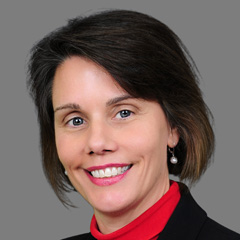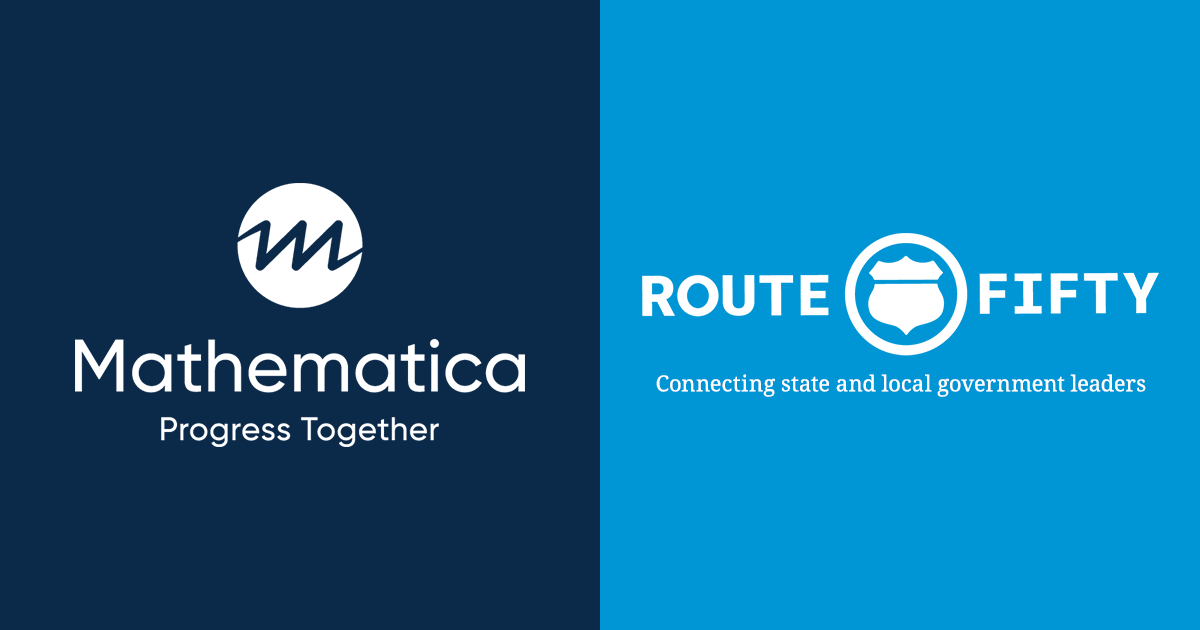During a recent virtual town hall meeting in my hometown of Princeton, New Jersey, a fellow parent said, “Everything will change once there’s a vaccine.”
As we’re already learning, even that might not be right. A lot of things will change once there’s a vaccine, but our future path looks more like continuous adaption, rather than a single, short-term adjustment. My kids, for example, are eager to be back in school full time with their teachers and friends. For my middle-school-age daughter, that plan has changed three times since mid-August, whereas my college-age daughter thrives at a residential college successfully holding in-person classes supported by a rigorous regime of frequent testing and requirements for mask wearing and social distancing. So instead of biding our time waiting for a vaccine, my family and our communities have had to implement basic coping strategies to adapt to our current situation. Standing still while waiting for a vaccine diminishes our ability to learn and grow as a society during a national crisis.
The coronavirus has drastically exacerbated long-standing health, education, and societal inequities. As parents, teachers, nurses, researchers, local leaders, and others, we can—and should—work together to develop and implement strategies to help serve those most in need. And we should share what we learn with our peers. We need to examine how the virus has challenged our communities, collect data about how to address these challenges, and generate evidence that helps us be more resilient for years to come.
Together with our partners across federal, state, and local agencies, as well as foundations and commercial providers, my Mathematica colleagues are actively working to solve these complex challenges. We’re developing tools, dashboards, data simulations, and other resources to help communities collectively manage this crisis and illuminate the path forward to safely reopen businesses, schools, workplaces, and local services. Last week, I participated in a webinar titled “Govern with Confidence: Tools for High-Stakes Decision Making During COVID-19.” This event, which was co-hosted by Route Fifty, created a dialogue for state and local officials who need access to these solutions as they make high-stakes decisions that impact all of us.
Here’s what I took away from the discussion:
- Educators and civic leaders need data-driven insights about the best approaches for reopening schools to mitigate the spread of COVID-19. Mathematica is using computational models to run thousands of simulations of infection spread across more than 100 different school situations, varying by school level, school size, operating strategy, approach to quarantines and closures, and the local community’s COVID-19 infection rate. These models simulate how different approaches to instruction during the COVID-19 pandemic could affect students, teachers, and ongoing learning. We’re also helping college officials make informed decisions about how to safely return to college campuses. Working closely with researchers at the University of California, San Diego, for example, we’ve analyzed their Return to Learn program, which encompasses an adaptive strategy of risk mitigation, viral monitoring, and public health intervention to detect COVID-19 outbreaks early and prevent their spread on campus.
- Employers need systematic plans and strategies for the safety and efficiency of their workforce. Mathematica is helping employers leverage technology to easily assess the status of employee health and potential employee-patient outbreaks. For example, OnPacePlus and Mathematica are partnering on a workforce-readiness dashboard to help employers measure their personal protective equipment inventory and compare that with employee perceptions of access to these products. This tool aims to help employers reconcile where there might be gaps in distribution. The data-driven, visual analytics tool provides key statistics related to workforce readiness, uncovers insights about providers and their practices, and highlights the well-being of employees within specific job functions. For example, this type of resource is critical for helping long-term care facilities protect their employees and their residents who have been the most vulnerable to the impact of COVID-19.
- Policymakers need access to a full array of data, tools, and other resources to navigate this crisis. Throughout Wednesday’s event, I was impressed by the resources my fellow panelists shared with the group. Jed Herrmann from Results for America, for example, shed light on a publication called Invest in What Works State Standard of Excellence, a tool to help state governments consistently use evidence and data in budget, policy, and management decisions. Josh Franzel, from the Center for State and Local Government Excellence, shared newly published survey results about COVID-19’s impact on state and local government workers. And E. Oscar Alleyne, through his work at the National Association of County and City Health Officials, discussed the COVID-19 Data Lab, which aims to help local health departments track virus spread and offers resources to help battle stigma and discrimination.
A COVID-19 vaccine is coming, but it won’t address every challenge we face. However, as I’ve seen from my family’s ability to adapt under duress, we can learn from this experience and apply what we’ve learned to improve our futures. At Mathematica, we don’t have all the answers, but we are committed to working with dedicated state and local agency staff to make sure we are asking the right questions and providing real-time answers and solutions. COVID-19 has impacted us all, but it has been brutally unfair in terms of who has been hit the hardest. Our work continues to bring data and evidence to bear in the battle against the virus and to create a path forward.



